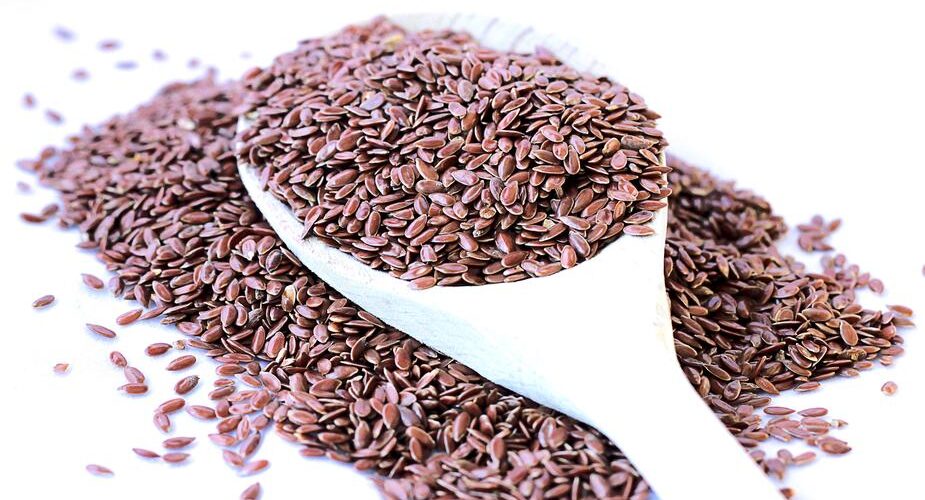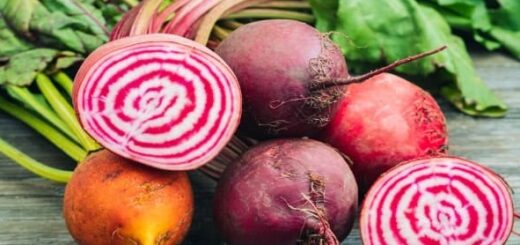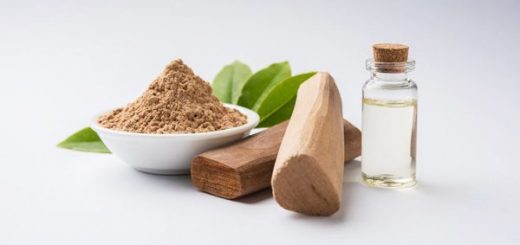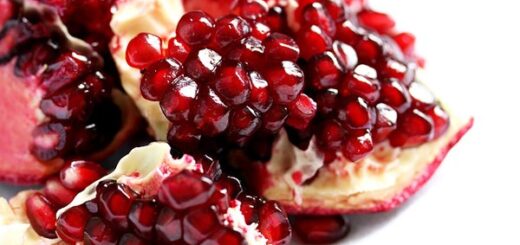The Health Benefits of Chia Seeds

Chia seeds are very nutritious, that is why it is also known as a superfood. Rich in minerals, amino acids, dietary fiber, and antioxidants, it is a valuable addition to your diet. A small seed (it looks like poppy seeds) can absorb a lot of moisture but does not have much flavor. This allows you to add it to many dishes.
Some of the benefits of chia seeds are that it can aid in weight loss, it is good for the intestinal flora and that it can lower blood pressure. It is not difficult to eat chia seeds on a regular basis. In this article, you’ll find everything about chia seeds, what it’s good for, and some easy recipes.
What are chia seeds?
Chia seed is a tiny black seed that is packed with healthy nutrients. The plant from which it comes is called Latin Salvia Hispanica. It is related to sage, mint, and basil and grows in South America. The Aztecs and Mayans were already using the seed. Not only was it part of their diet, they even paid their taxes with it!
The Salvia Hispanica plant grows to about one meter in height. It blooms with purple or white flowers. After flowering, the seeds appear. They have become well known in recent years because they are rich in omega 3 fatty acids, antioxidants, minerals, and fiber. And that while they are low in calories. You can therefore use them to boost your health.
100 grams of chia seeds contain:
- 5 grams of carbohydrates
- 16 grams of protein
- 30 grams of fat
From what:
- 3 grams of saturated fatty acids
- 2 grams of monounsaturated fatty acids
- 23 grams of polyunsaturated fatty acids
- 35 grams of fiber
Minerals:
- Calcium (630 mg)
- Iron (7.5 mg)
- Magnesium (330 mg)
- Potassium: 408 mg)
When you look at the number of calories in 100 grams of chia seeds (almost 500), that seems like a lot. Yet most of these calories come from indigestible dietary fiber. The body can barely absorb the calories from that, so you don’t have to worry about that.
There are no vitamins in the list above. That’s because chia seeds don’t contain that many vitamins at all. It contains minimal amounts of vitamins B1, B2, and B3 and some vitamin C. But these amounts are actually negligible. Chia seed distinguishes itself because it excels in its special amino acid profile, anti-oxidants, and minerals.
What Are the Health Benefits of Chia Seeds?
-
Helps to lose weight by feeling full
Because chia seeds contain so much dietary fiber, you will quickly feel full when you eat it. With 35 grams per 100 grams, it ensures better bowel movements and aids digestion. Products rich in dietary fiber also help keep blood sugar levels even. This will also reduce your appetite between meals.
Another way that chia seeds help to make you feel full is the fact that it can absorb a lot of moisture. When you eat this seed, it binds in the stomach with the moisture present and forms a gelatinous gel. This will fill your stomach and make you hungry less quickly. Because you are less likely to grab snacks, losing weight becomes easier.
-
Antioxidants support health
During your life, your body is exposed to the influence of free radicals. These substances damage cells and DNA. The older we get, the more the damage becomes visible and noticeable. Antioxidants can limit this damage and stimulate the body to recover. So it is good to eat food that contains a lot of this. Chia seeds have been found to contain high concentrations of antioxidants.
These antioxidants can support health in many ways. Examples are:
- Chlorogenic acid: limits the amount of glucose that enters the blood after a meal and has antihypertensive properties.
- Caffeic Acid: Anti-inflammatory.
- Kaempferol: Can lower the risk of chronic diseases.
- Quercetin: May help lower cholesterol.
-
For healthy digestion
Since chia seeds are made up of nearly 40% dietary fiber, this seed can play an important role in maintaining healthy digestion. It helps to go to the toilet more easily and reduces the risk of certain chronic conditions.
The intestinal flora (these are the good bacteria that live in your intestines) is also dependent on dietary fiber. These bacteria use the indigestible fiber in the colon as nutrition and thus provide your body with energy. The fibers themselves are therefore not a source of energy for your body, but they are necessary to maintain a healthy intestinal flora.
-
Source of proteins
Normally, vegetable products do not contain a lot of high-quality proteins. These are proteins that contain essential amino acids (amino acids that your body needs to stay healthy and that it cannot produce itself). These are found in meat and animal products. But chia seeds also contain them and that is why it can be used if you eat less or no meat.
-
Can reduce high blood pressure
Research has been conducted into the antihypertensive properties of chia seeds. One group of people with high blood pressure was given 35 grams of ground chia seeds every day for 12 weeks, another group was given a placebo. After 12 weeks, it was found that the blood pressure of the people who took chia seeds had dropped significantly. Nothing changed in the placebo group.











